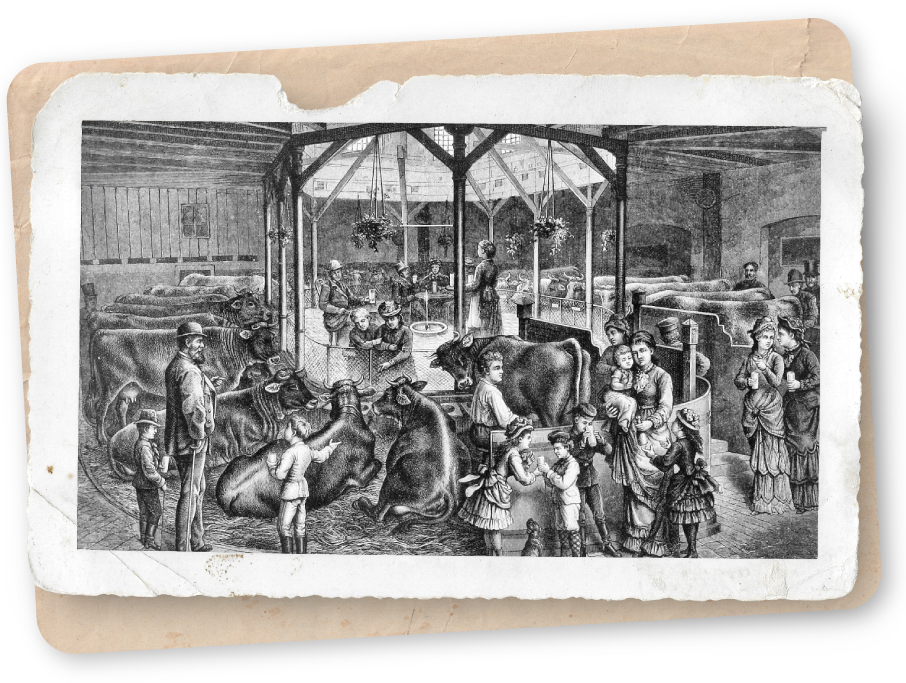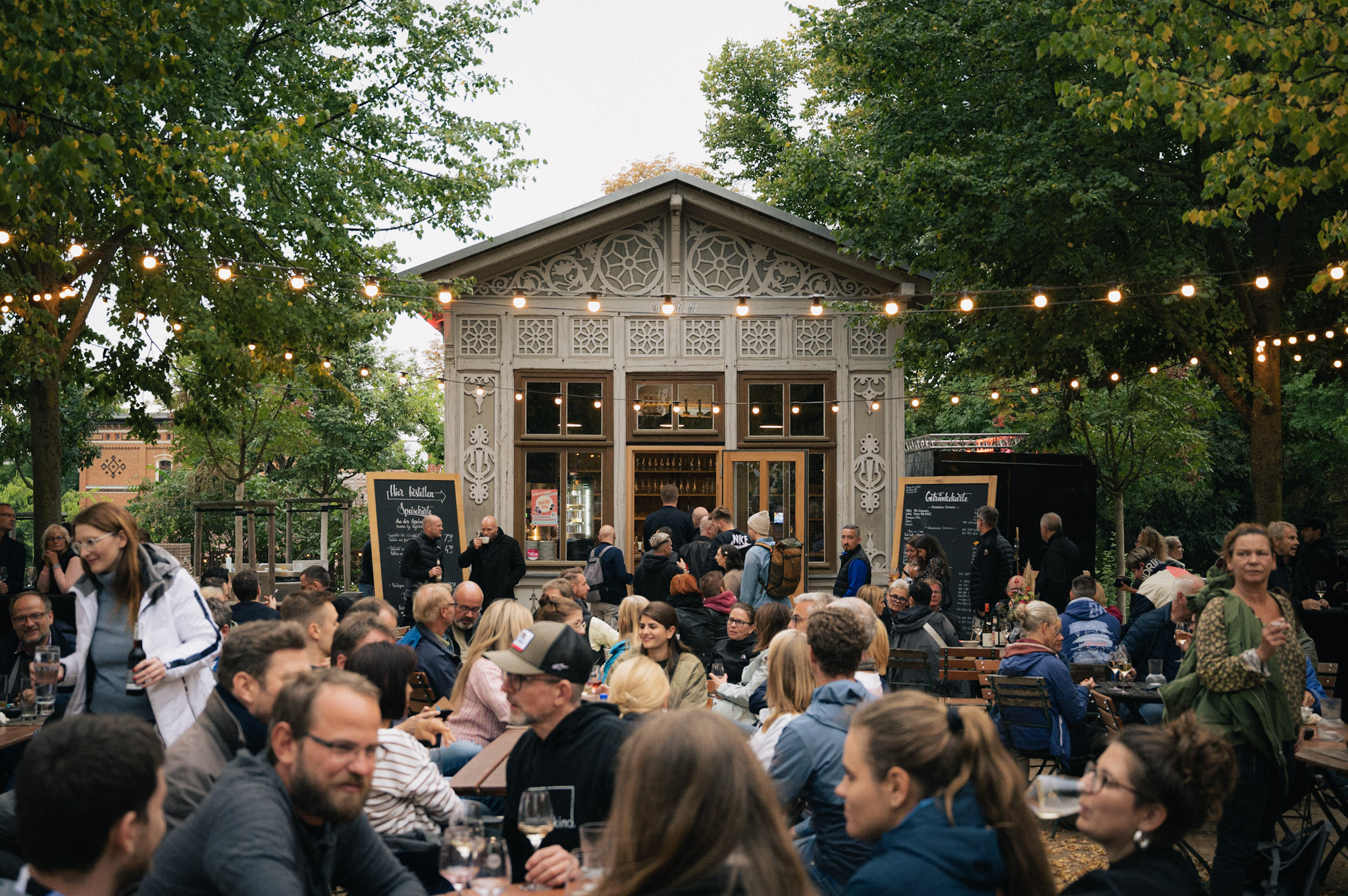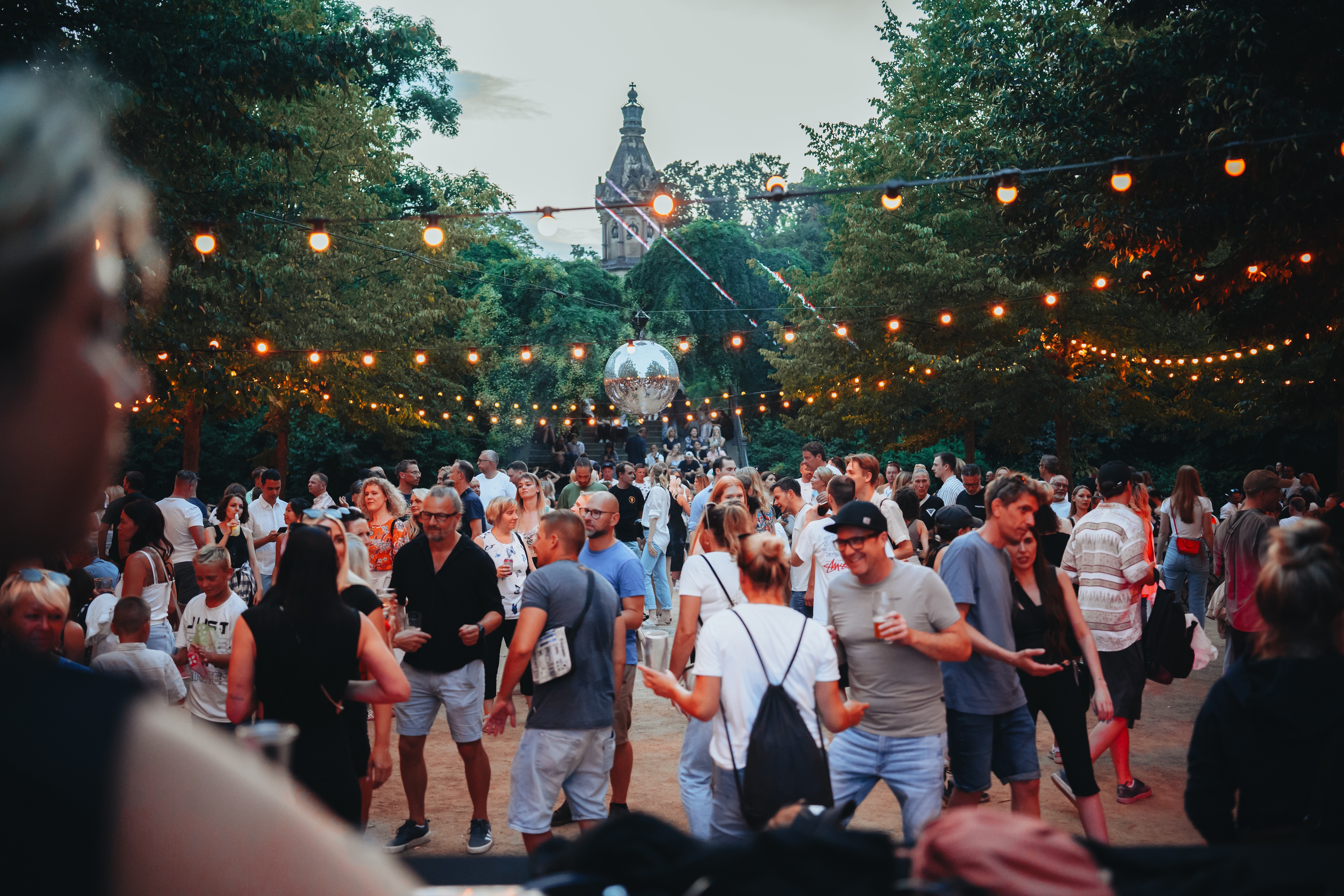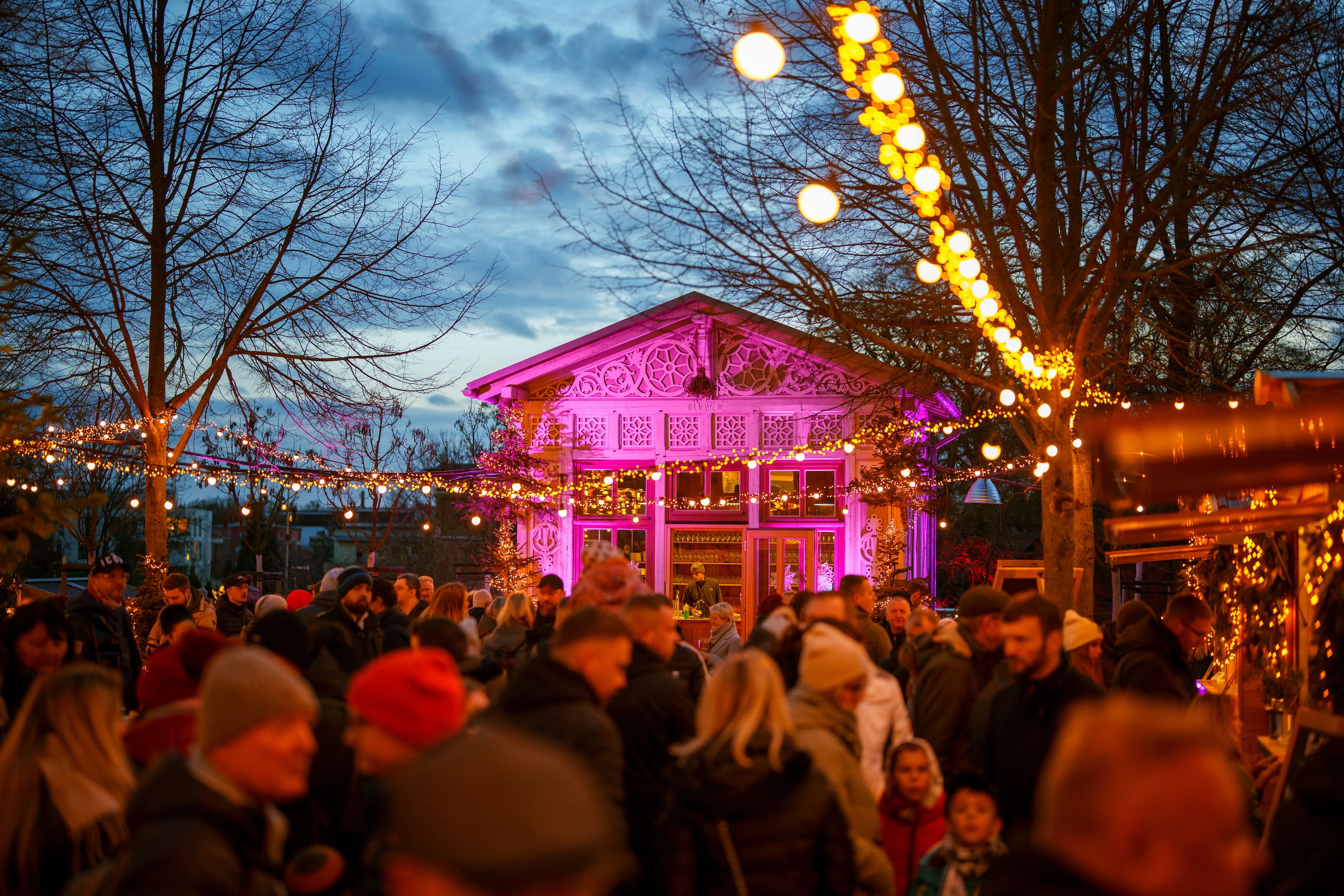history
1872
The 152-year-old kiosk on the Fürstenwall also has its own exciting story to tell. The wealthy chocolate and chicory manufacturer Johann Gottlieb Hauswaldt, whose family had been operating in Magdeburg since 1833, built it as a gazebo in 1872 in his garden. Hauswaldt's three-storey mansion at Mittagstr. 15, built in the Neo-Renaissance style with a garden-side loggia, has several small architectures on its grounds.


1886
In Switzerland, stressed city dwellers were supposed to be physically and mentally healthy as early as the 18th century with warm milk or whey. From the 19th century, such milk spas existed in Germany as well. Around 1886, the dairy trader Friedrich Rose founded such milk spas in Magdeburg at several locations. The milk produced by farmers of the Börde region promised the Magdeburg townspeople resistance against bad air and inadequate and unhealthy diets.
1919
This was also in keeping with the reform zeal of the Mayor Hermann Beims, who ruled from 1919-1932, the heyday of innovative future design in Magdeburg a hundred years ago. The old dairy farm on the Fürstenwall has not survived, but a similar facility opposite the Gruson greenhouses, like the Rayon houses in wooden construction: the Rose family's cream flower.


1999
The dilapidated garden house was renovated as part of the Bundesgartenschau Magdeburg 1999 and moved to the Herrenkrugpark.
2012
Since it had no practical use after the end of the Bundesgartenschau and was not originally located in Ostelbien, the pavilion could be moved to its current location on the Fürstenwall in 2012 with the approval of the building and monument authorities. The head of the city planning office, Heinz-Joachim Olbricht, supported the project with regard to the establishment of an interesting urban gastronomy in the Elbe area.


2012
The Biergarten Milchkuranstalt, founded in June 2012 out of the restaurant Fürstenwall (now Hoflieferant) around the Hauswaldtsche Gartenhaus and under the linden grove previously planted by the city, experienced a steady upswing from the beginning as a new type of gastronomy for Magdeburg. The open-air restaurant, which is open from spring to autumn, is initially run by Beatrice Knorn and then by David Mangelsdorf.
2023
In 2023, David Zibold (Basta.) and Denny Mette (Highkitchen) took over the gastronomy at the Schweizer Milchkuranstalt and will continue the beer garden. In addition to an expansion of the culinary offer, the focus is also on the cultural events at the Fürstenwall. A large number of visitors enjoy various open air events in the summer.
The highlight of the summer was the 2. Magdeburger Weinfest, organized by Basta, which took place for the first time on the premises of the Schweizer Milkhkuranstalt in 2023 and drew thousands of visitors to Magdeburg.


2024
But the vision was to enliven the historic site throughout the year and so the winter market of the Swiss Milkkuranstalt took place for the first time in winter 2023. As a cozy meeting place for culinary enjoyment in a festive atmosphere, the team from the Swiss MilkKuranstalt launched the first winter season from November 2023 to January 2024 in collaboration with the Basta and the Highkitchen.
After a successful first year, the winter garden doubled in the second year and now also includes the surrounding monuments the Lindenhain, the Cleve Bastion, the Fürstenwallpark monument and the weather-protected passage to the Möllenvogtei, creating a special winter experience with space for culinary and cultural activities.
Credits
Mit großem Dank an Prof. Dr. Christian Antz, Kulturwissenschaftler und ausgewiesener Experte für Gesundheits- und Kurgeschichte, dessen engagierte Forschung maßgeblich zur Aufarbeitung und Würdigung der historischen Bedeutung der Schweizer Milchkuranstalt beigetragen hat.
Durch seine langjährige wissenschaftliche Arbeit und seine fundierte Expertise, hat er einen unschätzbaren Beitrag dazu geleistet, dieses kulturelle Erbe neu ins Bewusstsein zu rücken. Sein Einsatz verdient höchste Anerkennung und aufrichtigen Dank.
Prof. Dr. Antz lehrt an der Fachhochschule Westküste und ist Mitbegründer der Reiseführerreihe „Kulturreisen in Sachsen-Anhalt“.
Als Herausgeber und Autor zahlreicher Werke, darunter „Kulturlandschaft Elbe“ und "Einfach kostbar – Essgeschichten und Rezepte von Saale und Unstrut“, hat er bedeutende Beiträge zur Dokumentation und Vermittlung kultureller Landschaften geleistet.
Seine Arbeiten, wie „Straße der Romanik“ und „Ich bin dann mal auf dem Weg!“, verbinden wissenschaftliche Tiefe mit gesellschaftlicher Relevanz und fördern das Verständnis für die kulturelle Vielfalt Deutschlands.
